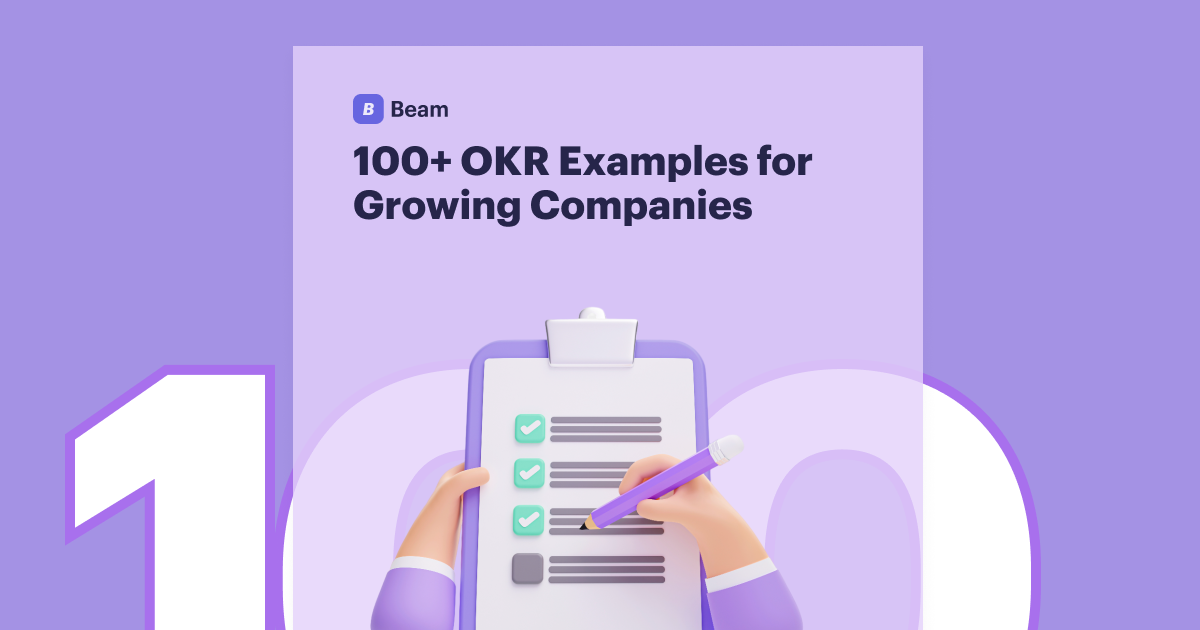CFRs: Conversations, Feedback, Recognition – The Human Element of OKRs
While metrics and data are vital, the true engine behind successful OKRs is the human connection and interaction. John Doerr, who popularized OKRs, stresses the importance of CFRs: Conversations, Feedback, and Recognition.
These elements transform OKRs from a purely quantitative tracking system into a dynamic, people-centric performance framework.
The Importance of Ongoing Dialogue (Conversations)
Regular, informal, and open conversations are the lifeblood of OKRs. These aren't just formal reviews, but continuous dialogues between managers and direct reports, and among team members.
- Purpose:
- To clarify expectations and ensure understanding of OKRs.
- To discuss progress, challenges, and support needs.
- To provide context and connect daily work to strategic goals.
- To foster trust and psychological safety, making it safe to admit struggles.
- How it looks: Managers regularly check in with individuals (e.g., weekly 1:1s), team members collaborating on OKR-related tasks, open forums for discussing OKR status.
Providing Constructive Feedback
Feedback is crucial for growth and performance correction. In an OKR context, feedback should be continuous, specific, and actionable, focusing on how individuals and teams can improve their contribution to OKRs.
- Purpose:
- To help individuals refine their strategies and tactics.
- To identify skill gaps and provide development opportunities.
- To ensure alignment and prevent going off track.
- To reinforce positive behaviours and successful approaches.
- How it looks: Managers providing timely feedback during check-ins; peer-to-peer feedback on shared OKRs; constructive criticism focused on behaviour and impact, not just outcomes. It's about helping people succeed in achieving their ambitious goals.
Recognizing Achievements and Learning from Setbacks
Recognition is about acknowledging effort, progress, and achievement. It's a powerful motivator and reinforces the behaviours you want to see. Equally important is how you approach setbacks: as opportunities for learning, not just failure.
- Purpose of Recognition:
- To celebrate milestones and progress, regardless of whether the KR hits 100%.
- To boost morale and reinforce positive contribution.
- To highlight successful strategies and best practices.
- To create a culture where ambition is rewarded, even if it means missing a stretch goal.
- Purpose of Learning from Setbacks:
- To conduct honest retrospectives on why a KR was missed.
- To extract valuable lessons that can inform future OKR setting and execution.
- To foster a growth mindset where "failure" is seen as data for improvement.
- How it looks: Public recognition in team meetings or company-wide announcements for hitting milestones; specific praise for overcoming challenges; conducting "post-mortems" or "lessons learned" sessions for missed KRs, focusing on what to do differently next time.
By diligently tracking progress, leveraging AI for insights, and fostering a robust culture of CFRs, your organization can move beyond merely setting goals to truly achieving them and continuously evolving.

More OKR Resources

100+ OKR Examples





